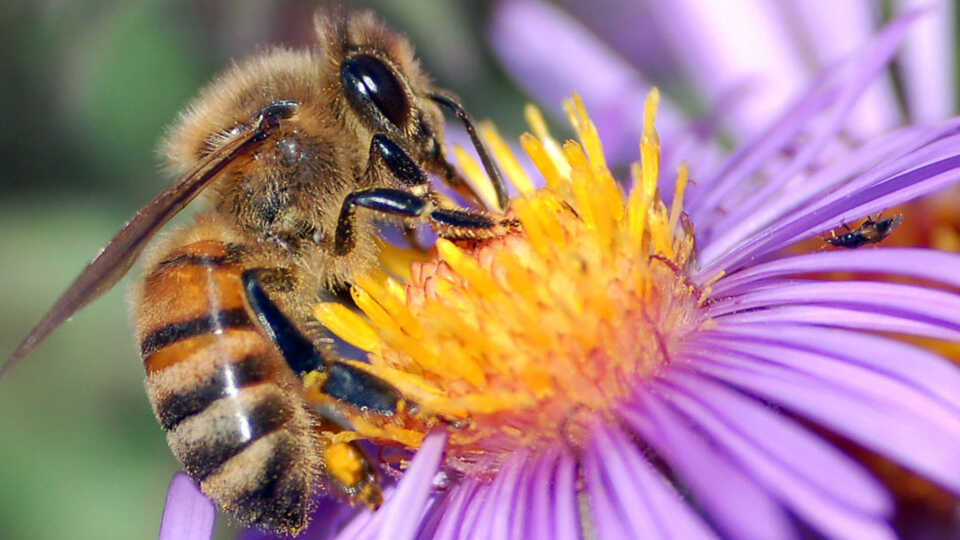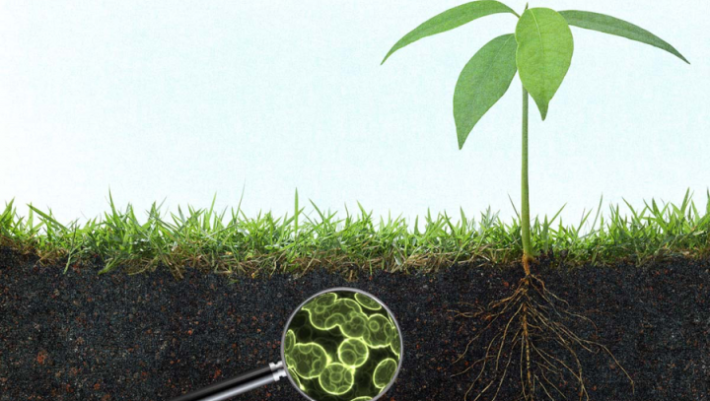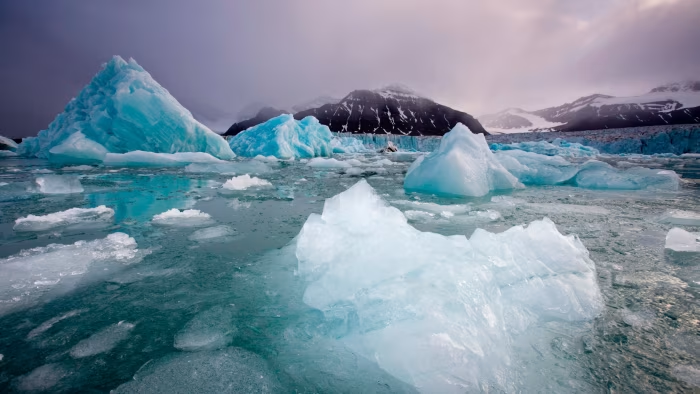Research Laboratory
Pioneering ecological research with cutting-edge technology and innovative methodologies for biodiversity conservation and environmental sustainability.

Pioneering ecological research with cutting-edge technology and innovative methodologies for biodiversity conservation and environmental sustainability.

Comprehensive ecological research services powered by advanced technology and expert knowledge
Advanced assessment of soil, water, and air quality using state-of-the-art analytical instruments and field monitoring equipment.
GPS-based monitoring systems and behavioral studies of wildlife populations, migration patterns, and habitat utilization.
Statistical modeling, machine learning algorithms, and advanced data visualization for ecological pattern recognition.
Comprehensive laboratory analysis including genetic sequencing, chemical analysis, and microscopic examination.
Systematic species identification, population surveys, and ecosystem health evaluation using modern taxonomic methods.
Satellite imagery analysis, drone surveys, and GIS mapping for large-scale environmental monitoring.
Sophisticated spectroscopy and chromatography techniques for identifying pollutants and chemical compounds in environmental samples.
Investigation of renewable energy integration in natural ecosystems and sustainable energy solutions for research facilities.
Key achievements and breakthroughs in ecological research
Launched machine learning platform for automated species identification with 95% accuracy rate, revolutionizing field research capabilities.
Completed comprehensive analysis of climate change effects on local ecosystems, influencing national conservation policies.
Established genetic banking facility for endangered species, preserving biodiversity for future restoration efforts.
Deployed IoT sensor network across 50 research sites for real-time environmental monitoring and data collection.
Launched comprehensive program to protect bee populations, establishing 15 pollinator corridors across urban and rural areas.
Developed innovative filtration technology to remove microplastics from water systems, adopted by 12 municipal water treatment facilities.
Successfully restored 2,500 acres of degraded wetlands, resulting in 40% increase in local bird populations and improved water quality.
Diverse fields of scientific investigation driving environmental understanding

Studying ocean biodiversity, coral reef health, and marine conservation strategies in changing climates.

Investigating forest succession, tree species interactions, and sustainable forestry practices.

Exploring how wildlife adapts to urban environments and developing green infrastructure solutions.

Mapping pollinator-plant relationships and developing strategies to support declining pollinator populations.

Analyzing soil microbial communities and their role in ecosystem health and carbon sequestration.

Developing innovative techniques for ecosystem restoration and habitat rehabilitation.

Monitoring river and lake ecosystems, studying aquatic biodiversity, and assessing water quality impacts on wildlife.

Research into sustainable farming practices, crop rotation systems, and integrated pest management for ecological balance.
Join our mission to advance ecological understanding and conservation through collaborative research and innovative solutions.